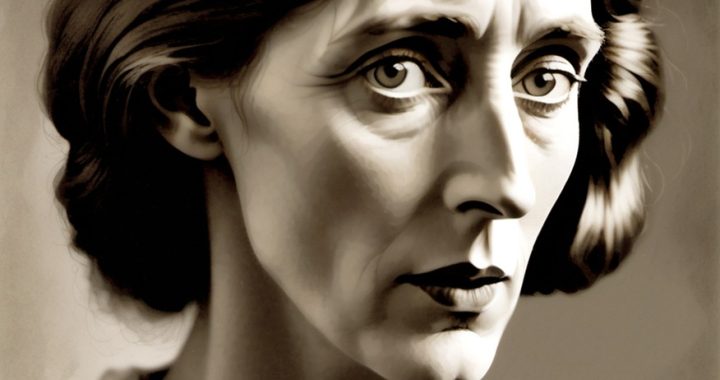In her iconic feminist tract A Room of One’s Own, Virginia Woolf argued that in order to write and create properly women must have an income of 500 pounds to depend on each year as well as a room of their own where they remain undisturbed by others and also by the cares of daily life. Yet she also wrote of how if women are to reach their potential they must become more androgynous. That is, they should seek to embody both the masculine and feminine parts of themself. While the same could be said for men. That is, they too should seek to embody both the masculine and the feminine.
According to Woolf, unless both men and women can embody the androgynous mind both their writing and their character will be permanently flawed, leaving women frustrated and angry while men become too obsessed with themselves. As far as Woolf is concerned, the pitting of one sex against another, with one side claiming superiority while imparting inferiority to the opposite sex belongs to what she calls the school age stage of human existence where ultimately sides are drawn.
As far as the movie Barbie is concerned, although it does indeed make some valid points concerning feminisms, men, and a certain patriarchy which unfortunately still exists in our society, it also commits the cardinal sin of which Virginia Woold speaks of in her book, that of far too often necessarily pitting one gender against another; and in so doing not allowing the single-sexed mind to make distinctions between the sexes that the androgynous mind would never make.
This is something that has troubled modern feminism for some time now; that in being so intent on opposing the male dominance of a patriarchy, any number of feminists haven’t allowed themselves to become more androgynous. which according to Virginia Woolf is the true path toward women reaching their full potential. Barbie certainly had some interesting points to make concerning female empowerment, but still it often felt as I watched the movie that in using the Barbie doll for its vehicle it didn’t fully examine potentially all sides of the female character.
Greta Gerwig is obviously an extremely talented filmmaker, yet it seems at times as if she unnecessarily casts men in a disparaging light. With the movie Little Women (which was a great version of Louisa May Alcott’s novel) she took aim at Henry David Thoreau (Alcott’s close friend) and his iconic novel Walden, claiming that it was easy to write his sojourn in the woods outside Concord, Massachusetts simply because he didn’t have a wife and children to care for. Yet when it came to her literary hero (Alcott) she never offered the same criticism concerning the feminine writer who likewise never married and never had children.
